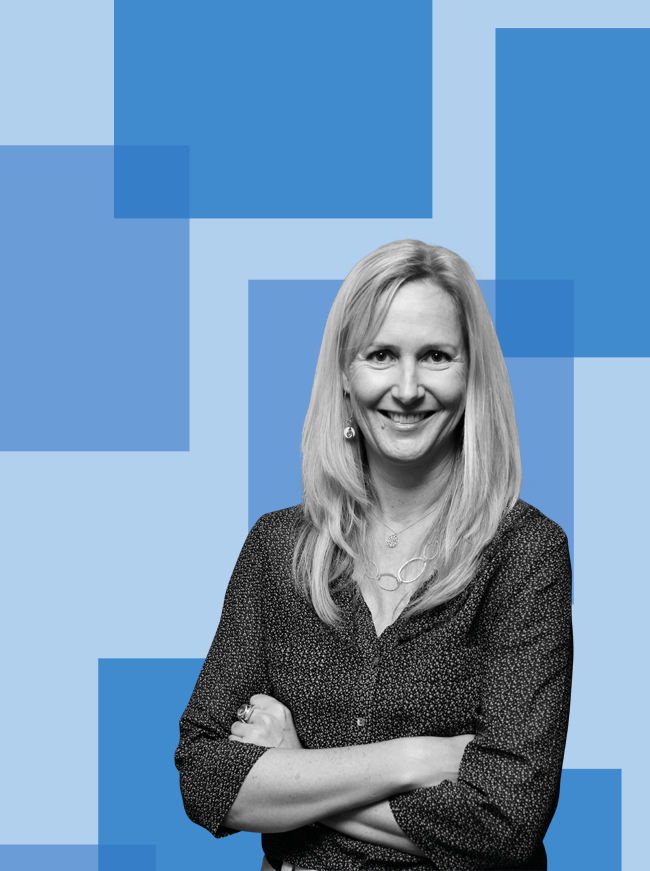In his 2018 bestseller Factfulness, medical doctor Hans Rosling lists the risk of a global pandemic as one his top five pressing global risks that need to be addressed – along with climate change, extreme poverty, financial collapse and a third world war. ‘Serious experts on infectious diseases agree that a new nasty kind of flu is still the most dangerous threat to global health,’ he writes. ‘The reason: flu’s transmission route…’ And so it has come to pass that the world is living through what could become the worst pandemic since the Spanish Flu in 1918. It’s pointless to blame authorities for failing to heed multiple warnings about a possible pandemic. But it is worth reflecting on what has changed, what will change and, more purposefully, how to address the other four risks.
While thousands of businesses around the world are reeling from the impact of societal lockdowns, some are thriving. Online activities such as shopping, banking, stockbroking and the provision of data have flourished. For instance, Amazon announced 100 000 new hires to help manage the rush of online orders. New businesses have boomed. Deskmate, which sells portable standing desks, has gone from being in deep financial trouble earlier this year to struggling to keep up with demand as remote working became our new reality. Online education, which was a gently expanding trend, has been catapulted from the future into the present. In less than a month, many (middle-income) SA teachers and learners became proficient with tools such as Google Classroom that enable teaching to continue, and the same applies globally.
Those of us who continued working from home realised the beauty of conducting meetings using Zoom or Microsoft Teams. While the value of face-to-face interaction cannot be ignored, the thought of avoiding rush hour in Sandton or Cape Town in future is attractive. This may provide impetus to another trend that sees many professionals moving to smaller towns to avoid the rush completely, bringing economic stimulus to SA’s rural economy.
Other trends are accelerating. The term ‘homebody economy’ describes the phenomenon of young women who prefer to stay home, lounge in bed and ‘chill with Netflix’. But now people of all ages and genders are looking for things to do in and around the home. This has given rise to a proliferation of online tutorials, in particular, exercise classes, boosting the shares of companies such as US-based Pelaton. But the pandemic could – and in some cases should – trigger other changes concerning globalisation, privacy, democracy and climate change, among others. The slowdown is giving us the opportunity to imagine the world we want to live in.
‘Normally’, politicians are limited in the policy ideas they can support; they generally only pursue those that are widely accepted by society as ‘legitimate’ – a concept known as the Overton window. COVID-19 has changed the political landscape completely. In just a few weeks, we’ve seen political and economic ideas seriously discussed that had previously been dismissed as fanciful or utterly unacceptable: universal basic income, government intervention to house the homeless, to name two. Previously unthinkable, the Reserve Bank even stepped in to buy bonds in the secondary bond market.
In the Financial Times, author Arundhati Roy puts it beautifully. ‘Historically, pandemics have forced humans to break with the past and imagine their world anew. This one is no different. It is a portal, a gateway between one world and the next. We can choose to walk through it, dragging the carcasses of our prejudice and hatred, our avarice, our data banks and dead ideas, our dead rivers and smoky skies behind us. Or we can walk through lightly, with little luggage, ready to imagine another world. And ready to fight for it.’ I couldn’t say it better.









